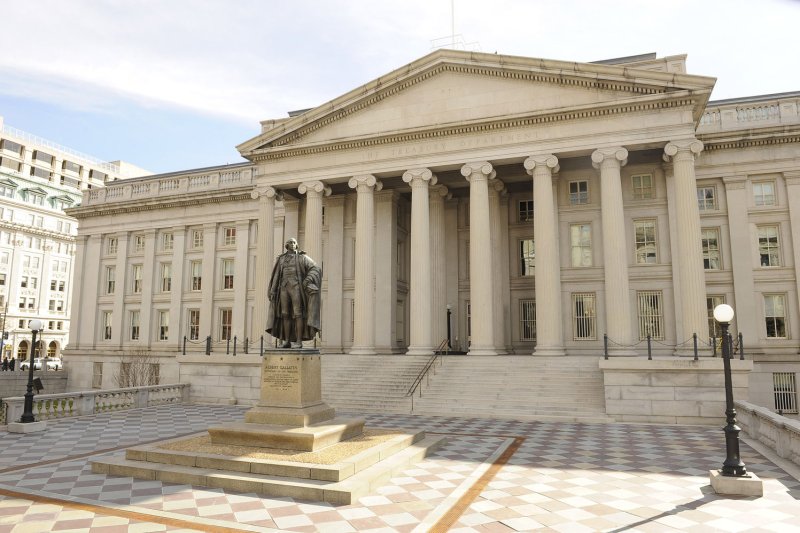WASHINGTON, Oct. 15 (UPI) -- The U.S. Department of Treasury on Thursday moved up the timetable for when it will run out of money -- Nov. 3 -- should lawmakers not raise the debt ceiling before then.
Secretary of the Treasury Jack Lew initially warned the U.S. government would exhaust its funds Nov. 5, but amended that date by two days.















